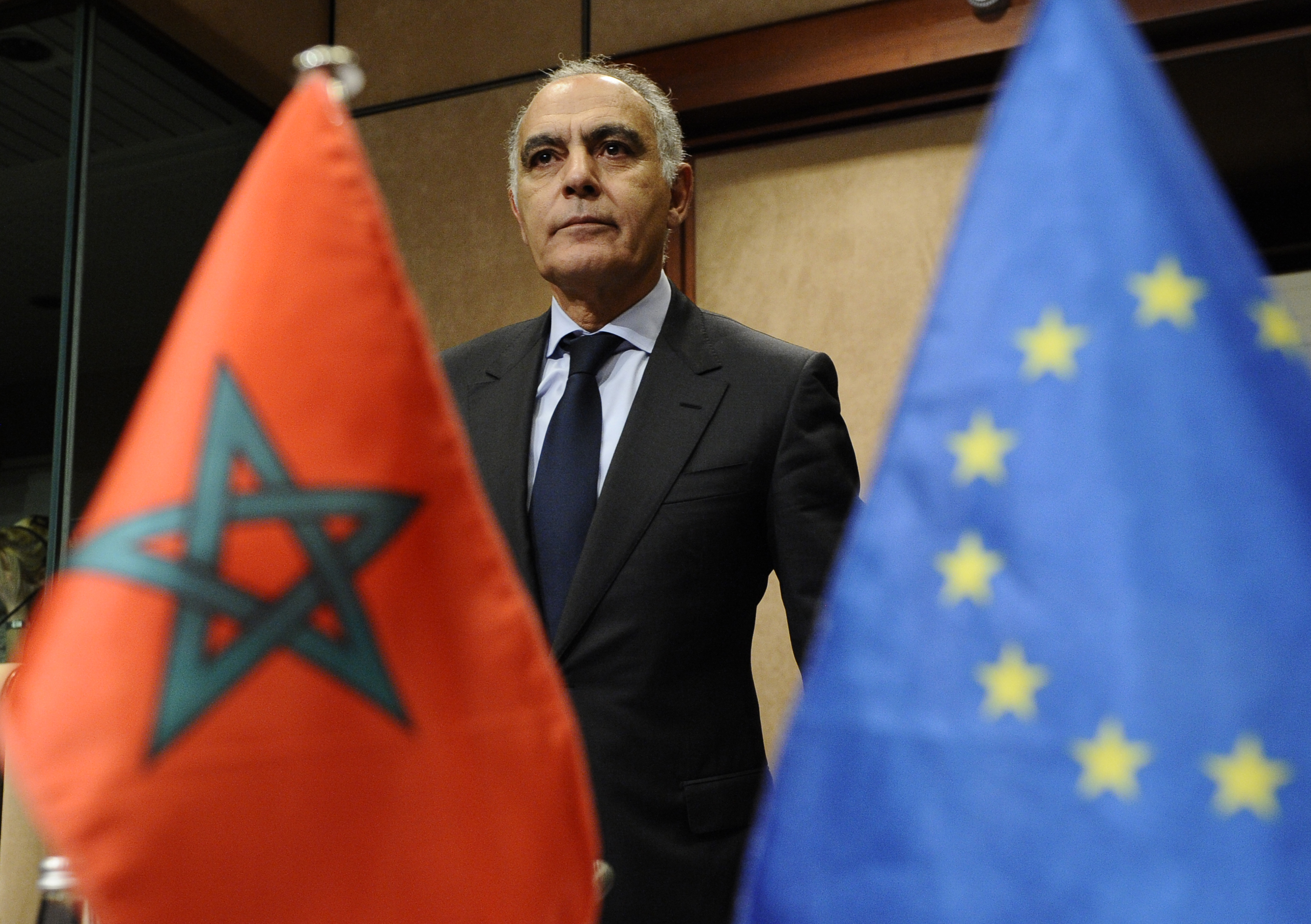Middle East Online
CASABLANCA – Foreign Ministers of the European Union adopted Monday in Brussels their decision to adapt the association and agricultural agreements with Morocco that would include Western Sahara, dealing a new blow to the Algeria-backed Polisario Front’s attempt to block the deal.
The measure was in line with the decision of the European Court of Justice (ECJ) in December 2016 to overrule the General Court’s decision, concluding that the Liberalisation Agreement did not apply to the territory of Western Sahara, according to an EU source.
Rabat suspended ties with Brussels early 2016 after the General Court of the EU annulled on December 2015 the deal on the grounds that it illegally applied to the disputed Western Sahara.
The Polisario Front, an Algerian-backed separatist group which seeks independence for the Western Sahara, had challenged the 2012 trade deal. The EU in turn appealed against the decision to overturn the pact.
The Council of EU FM’s’ decision reinforces the legal basis for exporting products from Morocco’s southern provinces to the EU with trade preferences and promotes the development of these regions, according to the same source.
The Council called on the European Parliament to adopt its decision as soon as possible, which will allow the EU “to continue to boost its partnership with Morocco and pave the way for the renewal of the fisheries agreement between the two partners in the coming months,” said the source.
The fisheries agreement allowing 126 EU fishing vessels from 11 EU countries to fish in the Atlantic fishing ground in Morocco expired July 14.
Around 70 European fishing boats which were still on Moroccan coasts were given an ultimatum to leave the country following the expiry of the deal.
Spain will be the most affected country as it has 49 vessels operating in Moroccan waters and employing 534 crew members, of which 107 are Moroccans in 2018.
“We regret that the negotiators have not been able to settle an agreement with ample time to prevent the departure of the fleet from the waters in which their fishing activity is carried out within the framework of the current agreement,” said Javier Garat, Secretary General of the Spanish Fisheries Confederation (CEPESCA).
“At this moment, and while we trust that negotiations will be resumed in accordance with the strategic nature of this agreement for both Europe and Morocco, it is a priority to start up aid mechanisms that mitigate the negative socio-economic impact of this setback”, he added.








